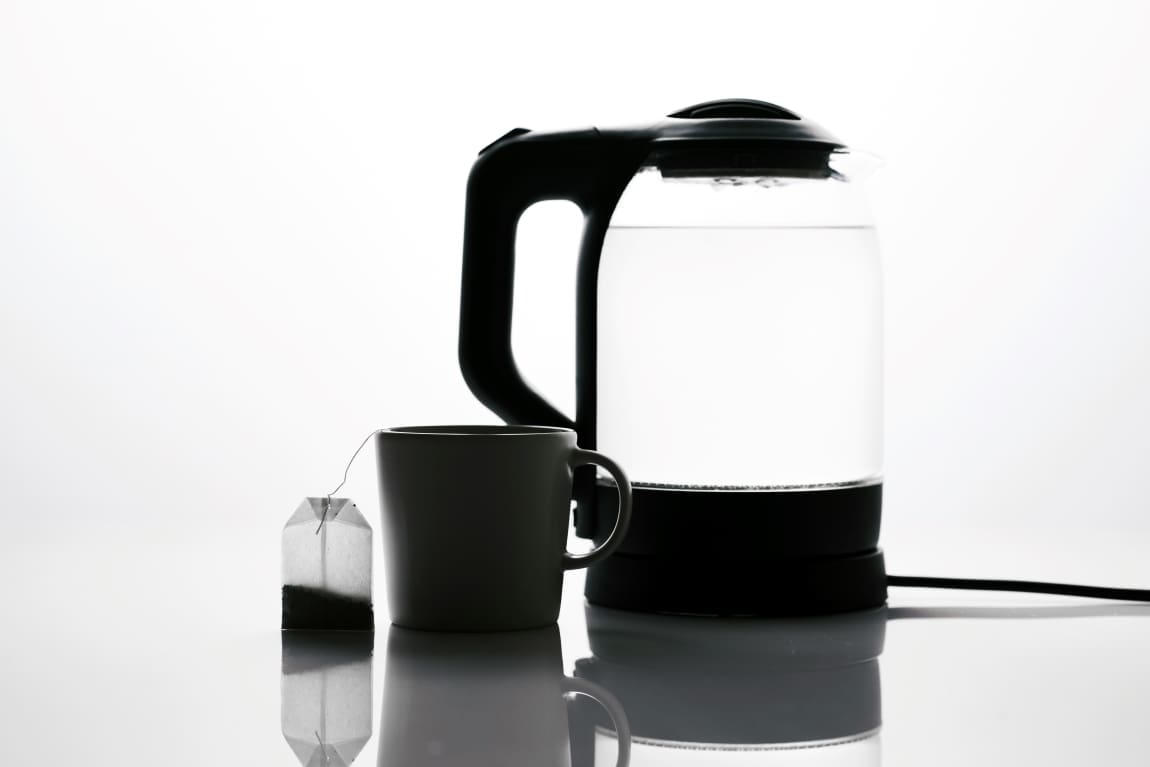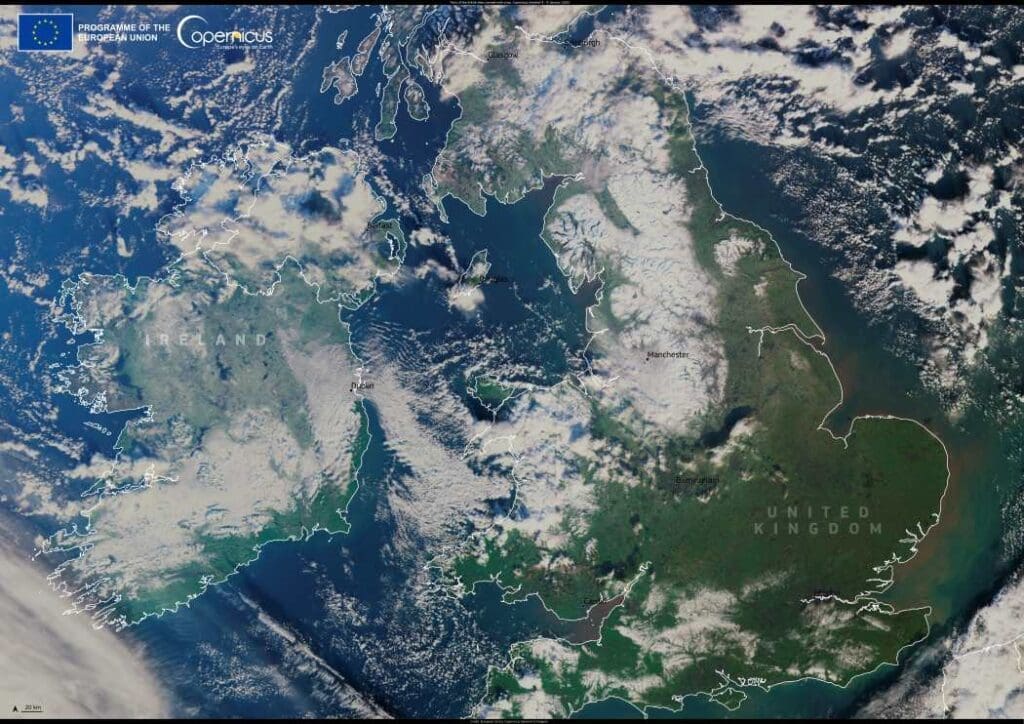Britain, prepare for deep depression: storms ruin tea.
A new study reveals that Storm Ciaran cut an invisible path of mayhem across southern Britain last autumn, destroying any possibility that 20 million people could have a proper cup of tea at breakfast.
The storm’s record-breaking low pressure meant the boiling point of water was below the crucial 100 degrees Celsius required for a decent cuppa, meteorologists at the University of Reading have discovered.
In a study published today in the journal Weather, the scientists reported that water in Reading was boiling at just 98°C.
During the storm on the morning of November 2, Caleb Miller, a PhD student and co-author of the study, rapidly set up equipment in the Meteorology Department’s laboratories to accurately measure the boiling point of water.
Caleb Miller said: “Storm Ciaran turned attention to the wind and rain battering Britain outside. As an experimentalist, I saw the opportunity to make some measurements of the properties of boiling water during low atmospheric pressure.”
Co-author Dr Alec Bennett said: “The effect of pressure on boiling temperature is long known to mountaineers, but Ciaran brought the effect to a wide region.”
Under pressure
The researchers conducted controlled experiments using accurate temperature sensors and a standard electric kettle. They compared the result with previous boiling points observed under different air pressure conditions with the same apparatus. Together, these experiments showed the clear relationship between air pressure and boiling temperature.
To investigate the broader regional effect of the storm on boiling points, the researchers combined weather data from many sources, including pressure readings from the Reading University Atmospheric Observatory, and data from roadside weather stations across southern England. This helped them track how the storm moved across the region during breakfast time.
They found that the pressure minimum moved northeast across the region during the early morning hours, coinciding with typical breakfast times.
At the peak of Storm Ciaran’s influence, the boiling point of water in some areas dropped to just over 98°C, about 2°C lower than in standard conditions. Tea experts consider the ideal brewing temperature to be between 98°C and 100°C. Water below this range does not extract the full flavour from tea leaves.
Professor Giles Harrison, lead author of the paper, said: “Like many Britons, I need my morning cup of tea. Although I know that the boiling point of water varies with atmospheric pressure, I wasn’t expecting a storm to take the boiling water temperature outside the recommended range for brewing decent tea. Weather can have subtle effects.”
The study estimates that approximately 20 million people in London and southeast England were potentially affected by this phenomenon. In theory, this could have resulted in slightly less flavourful tea for a significant portion of the UK population on that morning.
More information: Giles Harrison, Alec Bennett, Caleb Miller, David Bullock, ‘Storm Ciarán’s effect on the boiling point of water in the south-east of the UK’, Weather (2024); DOI: 10.1002/wea.4611 | UReading Press Release/Material. Featured image credit: engin akyurt | Unsplash




